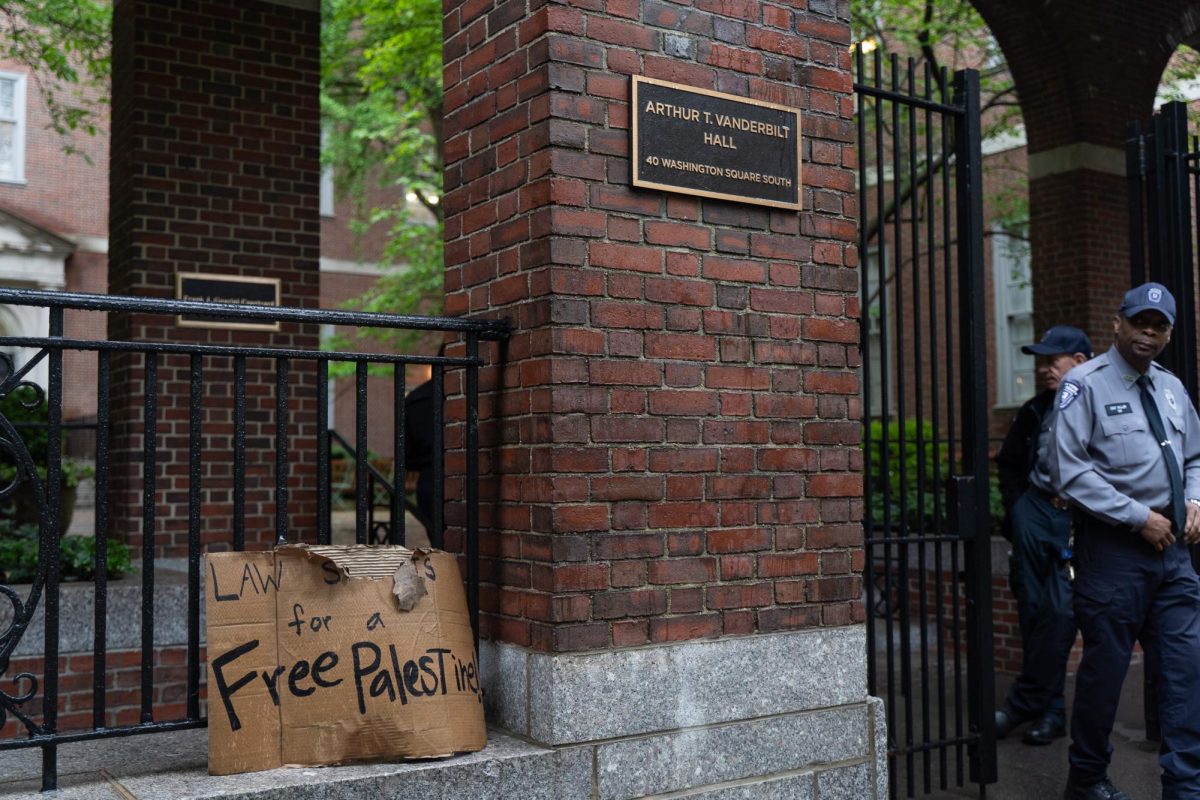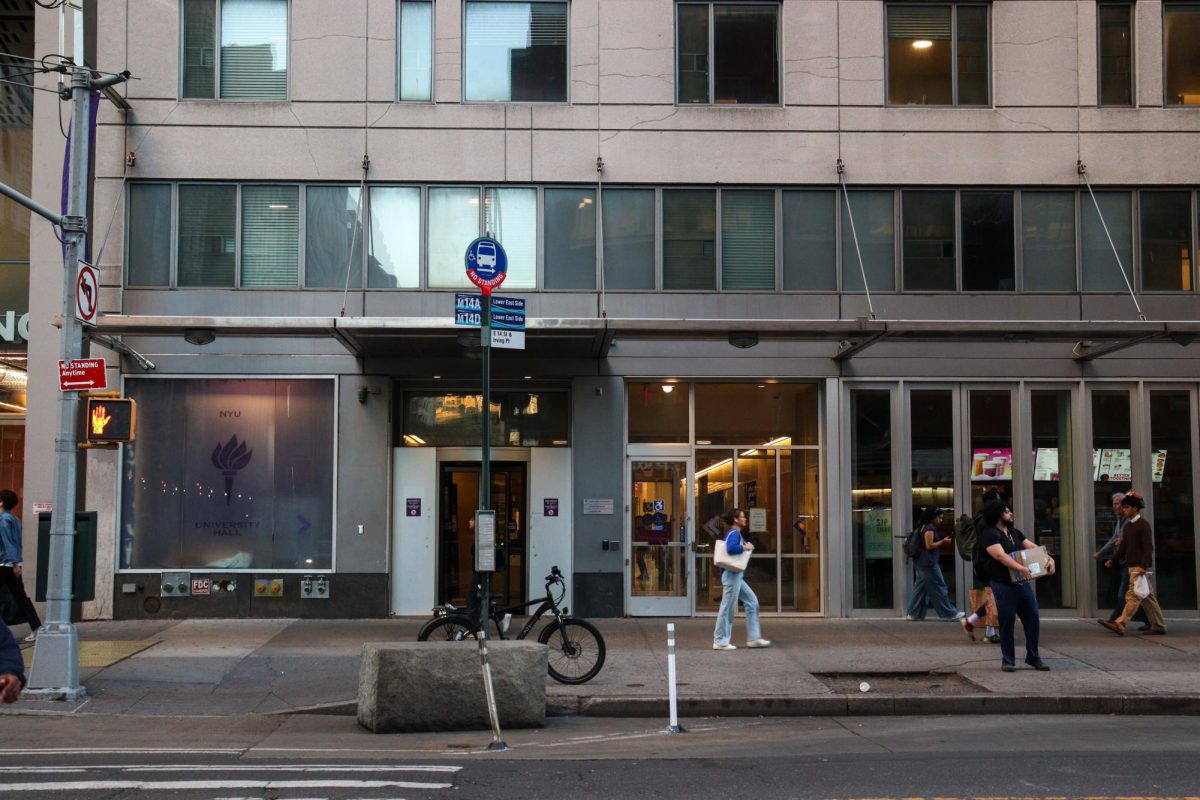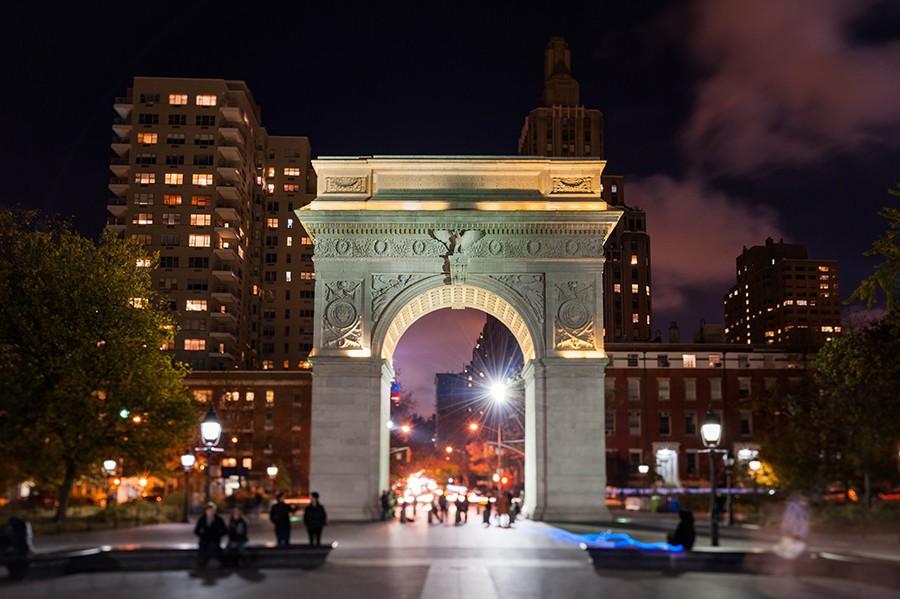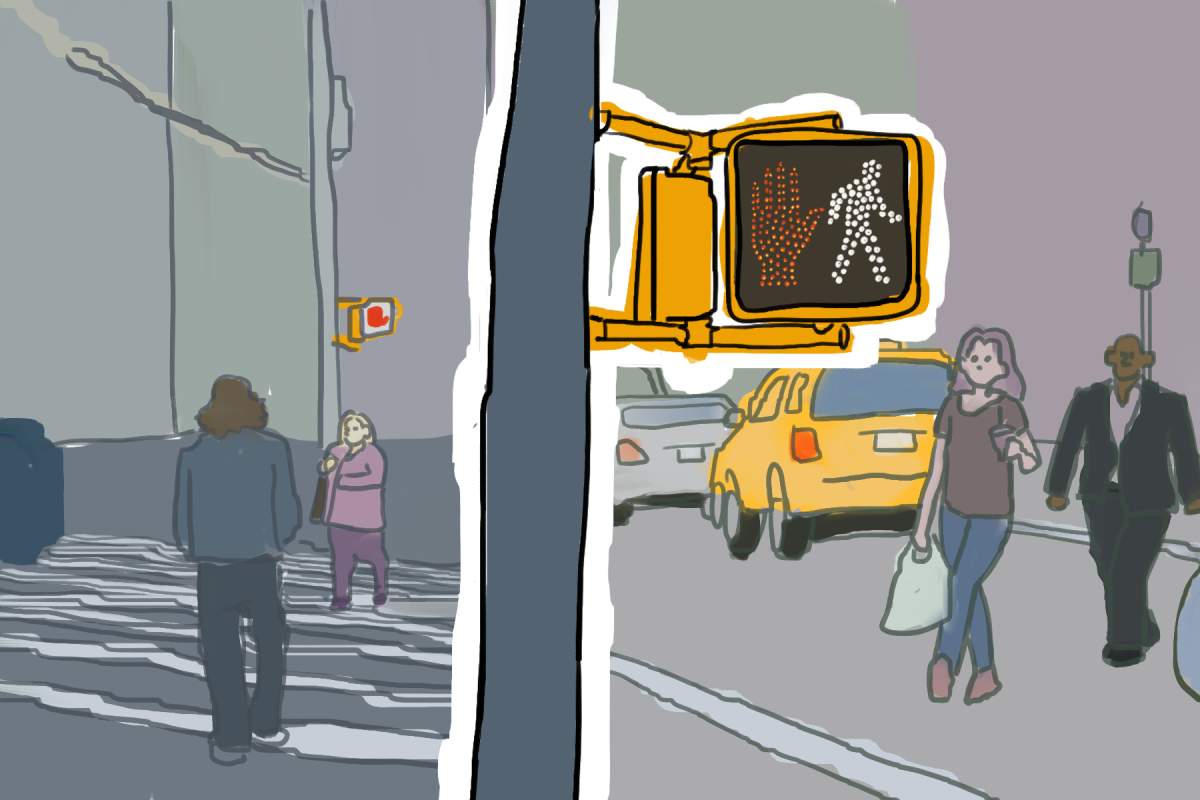Oregon Activists Should Be Protestors, Not Insurgents
January 28, 2016
On Tuesday, antigovernment activists led by Ammon Bundy were arrested by law enforcement, bringing an end to their 25-day occupation of the Malheur National Wildlife Refuge in Harney County, Oregon. LaVoy Finicum, who had been the mouthpiece of the group, was killed during the encounter. While the details of the incident are not yet fully known, the Bundy Ranch’s Facebook page is already calling foul, and it seems likely that Finicum’s death will inspire further outrage. However, while the group’s past actions have been controversial, Finicum’s death provides supporters with two very distinct opportunities: to elevate the group’s hostility into a constructive movement for change, or to devolve into a new wave of threats, standoffs and destructive hostility.
The Oregon protesters raised some genuine concerns about government transparency and overreach. The movement’s initial spark centered on Dwight and Steven Hammond, two ranchers who damaged federal property in 2001. The Hammonds were given a sentence shorter than the five-year federal minimum, but in 2015 prosecutors unexpectedly extended their sentences to the federal minimum. This spurred the Oregon protesters against what they considered unfair federal sentencing laws. Buried within their outlandish statements are legitimate critiques of the needlessly labyrinthine US legal system. Regardless of their tactics, the protesters still succeeded in highlighting the shortcomings of a legal system that affect every United States citizen.
Loss of life in protests galvanized those involved in the movement at hand. Bob Abbey, a former head of the Bureau of Land Management, contended that “this most recent confrontation would probably give them what they believe is further justification and rationale for taking extreme actions.” Despite their divisive demands, they echo the anti-police-state sentiment promulgated by those in Black Lives Matter movement. However, due to their violent tactics and general disorganization, the Oregon protesters will fail where BLM succeeded. In the face of police brutality, BLM was able to gain momentum and achieve some of its goal — such as police body cameras and increased public scrutiny — by remaining peaceful and efficiently organized.
If there is a nugget of a legitimate cause hidden underneath the violent threats and caustic rhetoric, there has never been a better time than now to bring it forward. These protesters touched on a pounding vein of anti-authoritarian, populist sentiment in the United States. They also invoked concerns about mandatory sentencing that affect many of the country’s poorest and incarcerated. We do not mean to legitimize the protesters’ use of violence and threats — quite the opposite. Only when they drop the guns and pick up picket signs will their concerns be brought to the national conversation. With Finicum’s death, the populists have an opportunity to rally their base and push for reform and attention. Time will tell if they are wise enough to take it.
Email the editorial board at [email protected]



























































































































































